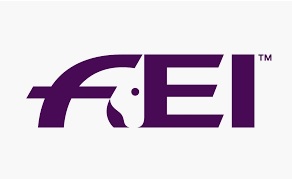
The concept of our FEI Sustainability Programme was born of the desire to make a serious contribnution towards conserving the sound environment necessary for the practice and continuity of equestrian sport. Being an International Federation revolving around horses, it goes without saying thatr it is in our best interest to encourage and help develop an increasingly sustainable environment at equestrian events.
This handbook aims to encourage event organisers to implement verious sustainability initiatives that will help reduce negative environmental impact and create a positive legacy

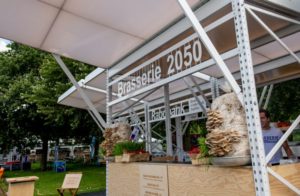
European Equestrian Championships showcase sustainable food concept
With the population estimated to rise to 10 billion by 2050, food production needs to increase while reducing its environmental impact. Brasserie 2050, a […]


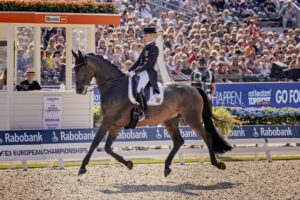
FEI teams up with event hosts and partners to take the lead on sustainability
As the global governing body of equestrian sport, the FEI has been keen to take a leading role in sustainability among international sports federations, […]








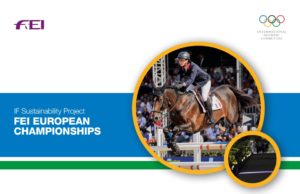
In August 2019, the International Equestrian Federation (FEI) staged the FEI European Championships (EC) in Rotterdam - and sustainability was a key focus for the organising committee. The FEI EC organising committee engaged early with its stakeholders, including the City of Rotterdam and the main sponsors. The competition was a pilot event for coverage of sustainability initiatives by the FEI, and the FEI’s aim now is to promote such programmes at other FEI championships and events.




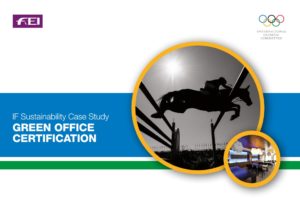
In line with its efforts to respect the environment, the Fédération Equestre Internationale (FEI) decided to renovate its headquarters in accordance with the Swiss Minergie construction standard for energy efficiency. On average, Minergie-compliant buildings consume 25 per cent less energy than conventional buildings. After moving into its headquarters, the FEI chose to go further by aligning its office operations with the sustainable character of its building. In 2017, the FEI started working with recycling specialist Interseroh to receive its Green Office certification, which recognises sustainable office practice in four areas: 1. Ensuring training for and commitment from employees. 2. Executing an optimised bin concept with visual enhancements. 3. Controlling waste processes, and defining responsibilities for bin clearance. 4. Communicating major alterations to the organisation’s waste disposal partner or internal contact. According to Interseroh, 80 percent of typical office waste is disposed of incorrectly and ends up in landfill even though many items could be recycled. Separating recyclable materials such as paper, PET, glass, aluminium, organic waste and coffee capsules optimises their use and also helps lower office costs



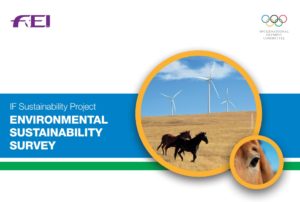
The International Equestrian Federation (FEI) established a sustainability programme in 2013, born from its desire to make a serious contribution towards conserving the sound environment necessary for the practice and continuity of equestrian sport. The sustainability programme encompassed various initiatives to support event organisers reduce negative environmental impacts and create a positive legacy. As part of the process, the FEI commissioned a survey to further understand the status of environmental sustainability and ascertain future needs among event organisers.







FEI Helsinki has the ambitious goal, to be the most sustainable equestrian event worldwide. Find out what has been done so far on-site, to achieve this goal.


